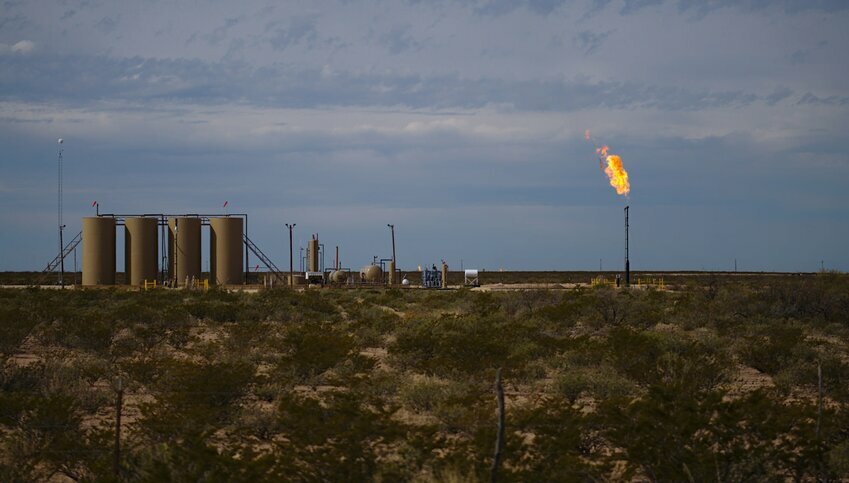 (Credit: Canva Pro)
(Credit: Canva Pro)Scepter and ExxonMobil have joined forces with Amazon Web Services (AWS) to develop a global data analytics platform aimed at characterizing and quantifying methane emissions. The primary focus of this collaboration is the U.S. Permian Basin, a major oil and gas production region. However, the long-term vision is to extend the platform's reach globally, revolutionizing methane detection and mitigation efforts across multiple industries.
To further monitor methane emissions, Scepter and ExxonMobil have partnered to optimize sensors for low-earth orbit satellites. Scepter specializes in real-time air pollution measurement using Earth and space-based data. In collaboration with ExxonMobil, their developed satellites, which are intended to form a constellation by 2026, will enable continuous monitoring of methane emissions from oil and gas operations globally.
To test the technology in high-altitude conditions, the collaboration includes conducting stratospheric balloon missions. The involvement of AWS marks a crucial milestone in developing a fusion and analytics platform capable of integrating and analyzing methane emissions data from various detection capabilities, according to the partnership.
With methane emissions playing a significant role in global warming, this partnership aims to address the urgent need for effective emission reduction strategies to limit global temperature rise to 1.5 degrees Celsius. According to the International Energy Agency, methane is the second-largest contributor to climate change after carbon dioxide. Since the Industrial Revolution, methane has been responsible for about 30% of the global temperature increase.
With the oil and gas industry accounting for a quarter of anthropogenic methane emissions, monitoring and mitigating methane in the Permian Basin holds immense significance.
AWS, renowned for its advanced cloud services, will play a significant role in processing and aggregating the massive amounts of data captured by the multi-layered methane emission detection system. AWS Lambda, a serverless processing service, ensures efficient and cost-effective handling of large data sets, while Amazon API Gateway facilitates data ingestion from multiple sources.
These capabilities will enable Scepter to pinpoint emission events accurately, quantify emissions, and provide actionable insights to customers like ExxonMobil for rapid and effective mitigation efforts.
While Scepter's data fusion platform is primarily designed for the oil and gas sector, AWS's comprehensive portfolio of cloud services opens doors for other industries. Scepter's enhanced atmospheric data fusion capabilities can now assist industries such as agriculture, waste management, healthcare, retail, and transportation in monitoring not only methane but also carbon emissions and air particulates.
As a key player in the energy industry, ExxonMobil acknowledges the critical role of technology in curbing methane emissions globally. The company has been actively involved in developing and deploying state-of-the-art detection technologies, exemplified by its aggressive continuous methane monitoring program. This collaboration with Scepter and AWS presents an opportunity for ExxonMobil to scale and enhance its methane emission detection capabilities, the company said, potentially supporting similar efforts across the industry.
With the Permian Basin as the initial focus, the partnership's vision is to extend the platform's reach worldwide and take on a significant piece of international net-zero targets.